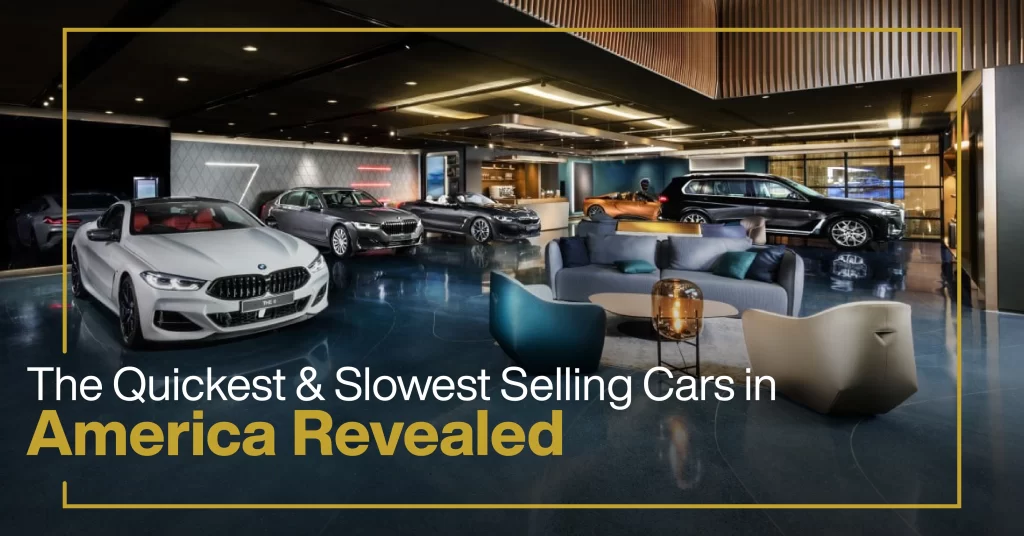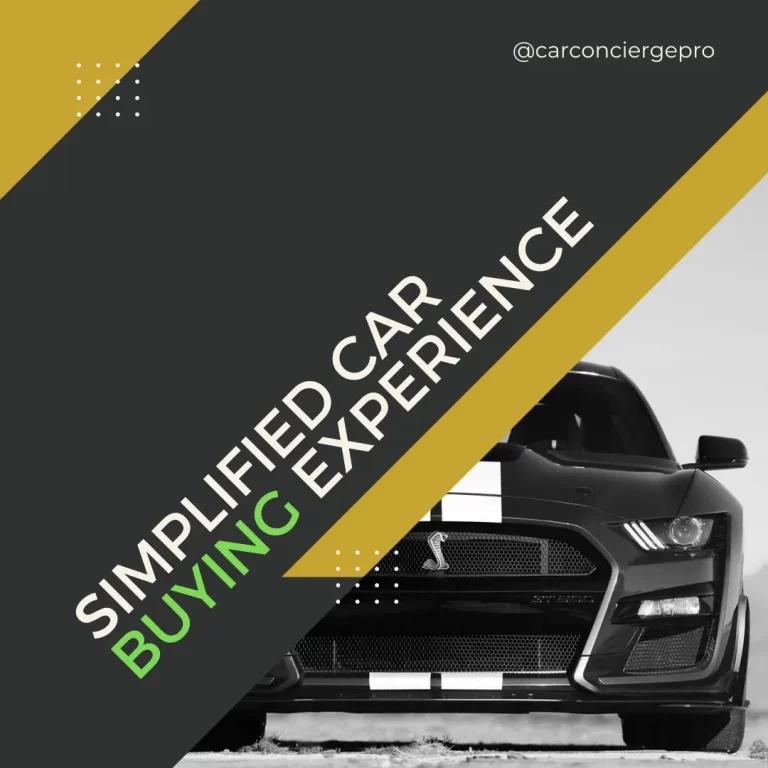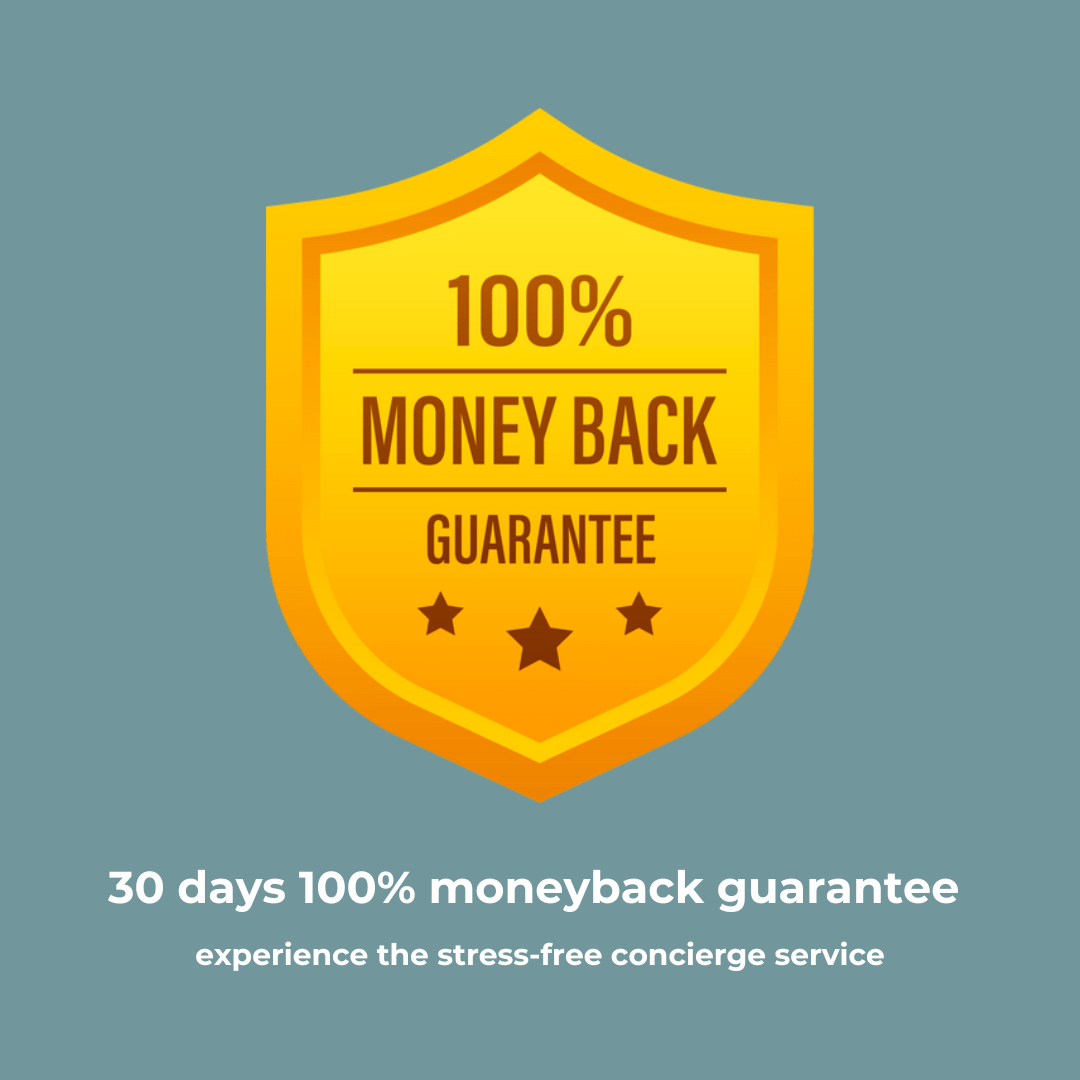In today’s automotive industry, knowing which cars are flying off the lots and which are taking their time can provide valuable insights for car manufacturers and consumers. Understanding the dynamics behind car sales can shape automakers’ strategies and influence potential buyers’ choices. From the hottest models that disappear from dealerships in the blink of an eye to the slow movers that seem to linger on the market, these factors play a crucial role in Quickest & Slowest Selling Cars in America.
In this, we unveil the quickest and slowest selling cars in America based on the latest data and rankings. We’ll explore the factors contributing to their popularity or prolonged stay in showrooms, taking a closer look at customer preferences, market trends, and external influences driving these sales patterns.
Whether you’re an auto enthusiast eager to know which models are setting the market on fire or a curious consumer looking for insights to inform your next car purchase, join us on this exciting journey as we reveal the automotive industry’s most sought-after and enduring cars in the United States.
What makes a car sell slowly?
Understanding these reasons can provide valuable insights to manufacturers and dealerships to make informed decisions and improve sales performance. Here are some key factors that can impact a car’s slow sales:
- Pricing: One of the most critical factors affecting a car’s sales performance is its pricing. If a car is priced too high compared to its competitors or needs more value for money, potential buyers may be hesitant to make a purchase, leading to slower sales.
- Design and Styling: The visual appeal of a car plays a significant role in attracting buyers. If a car’s design and styling resonate with the target audience and meet the current trends and preferences, it may be able to gain traction in the market.
- Features and Technology: Consumers today seek modern and innovative vehicle features. Cars lacking essential safety features, infotainment systems, or advanced technology may lose out to competitors offering more appealing options.
- Fuel Efficiency: With growing environmental concerns and rising fuel costs, fuel efficiency has become a crucial factor influencing car-buying decisions. Cars with poor fuel economy may need faster sales as buyers prioritise more eco-friendly options.
- Brand Perception and Reputation: A car manufacturer’s reputation and brand image significantly influence consumers’ trust and confidence in their products. A brand with a history of reliability and quality will likely sell better than a lesser-known or less reputable brand.
- Market Competition: The level of competition in a specific car segment can impact sales. If numerous alternatives are available in the market with better features or pricing, a car may need help to gain attention and sell slowly.
- Marketing and Promotion: Effective marketing and promotional strategies are essential to create awareness and generate interest in a car. A lack of marketing efforts or ineffective campaigns can hinder sales momentum.
- Economic Factors: Economic conditions, such as a recession or economic uncertainty, can reduce consumer spending on big-ticket items like cars, resulting in slower sales across the industry.
- Seasonal Trends: Some car models may experience seasonal fluctuations in demand, affecting their sales pace throughout the year.
- Availability and Distribution: Limited availability or distribution of a car in certain regions can hinder its sales potential.
Continuous improvement in design, features, pricing, and marketing efforts can help boost the sales performance of a car in the competitive automotive market.
What Factors Contribute to a Car’s Rapid Sales?
Understanding these factors is essential for automakers, dealerships, and consumers alike. Here are some key factors that contribute to a car’s rapid sales:
- Brand Reputation: Established and well-regarded automotive brands often enjoy faster sales due to consumers’ trust in their products. A strong brand reputation builds confidence among potential buyers, encouraging them to purchase quicker.
- In-Demand Features: Cars equipped with popular and innovative features are more likely to attract buyers quickly. Features like advanced safety technologies, infotainment systems, fuel efficiency, and autonomous driving capabilities can significantly impact a car’s desirability and sales velocity.
- Positive Reviews and Awards: Positive reviews from automotive experts and awards for reliability, performance, and safety can create a positive buzz around a car, leading to increased interest and rapid sales.
- Effective Marketing: A well-executed marketing campaign highlighting a car’s unique selling points and benefits can create a sense of urgency among potential buyers, leading to faster sales.
- Limited Editions or Special Editions: Limited-edition models or special editions often generate excitement and exclusivity, prompting buyers to act quickly before the opportunity passes.
- Word-of-Mouth and Social Media: Positive word-of-mouth and social media presence can influence potential buyers’ perceptions and lead to faster sales, as people tend to trust recommendations from friends and family.
Automotive manufacturers and dealerships carefully consider these factors to optimise their sales strategies and meet customer demand in a highly competitive market.
List of Quickest & Slowest Selling Cars in America Revealed
If you’re in the market for a used car or simply curious about the trends in automotive sales, this compilation will provide valuable insights. From lightning-fast movers to those who find new owners, we’ve got you covered with the latest data.
Let’s dive into the fascinating world of car sales and discover which vehicles are the most sought-after and which might require a little extra patience.
Top 10 Quickest Selling Used Cars:
- Tesla Model Y: Average days on the market: 24.7 Price: $67,121
- Toyota Prius Prime: Average days on the market: 25.8 Price: $28,844
- Honda Insight: Average days on the market: 25.9 Price: $27,191
- Tesla Model 3: Average days on the market: 26.5 Price: $50,996
- Toyota Prius: Average days on the market: 26.7 Price: $26,340
- Toyota Corolla Hybrid: Average days on the market: 27.6 Price: $27,472
- Ford Mustang Mach-E: Average days on the market: 27.7 Price: $58,744
- Toyota GR Supra: Average days on the market: 27.8 Price: $57,545
- Mitsubishi Outlander: Average days on the market: 28.4 Price: $23,525
- Mazda 3: Average days on the market: 28.6 Price: $25,192
Top 10 Slowest Selling Used Cars:
- Lincoln Nautilus: Average days on the market: 68.7 Price: $46,046
- Mercedes-Benz GLB: Average days on the market: 64.9 Price: $47,135
- Ford Edge: Average days on the market: 62.4 Price: $31,127
- Ford F-150: Average days on the market: 61.2 Price: $43,505
- Volvo S60: Average days on the market: 60.2 Price: $34,564
- Buick Envision: Average days on the market: 59.6 Price: $30,882
- Ford Expedition: Average days on the market: 59.2 Price: $52,962
- Toyota Avalon: Average days on the market: 59 Price: $34,758
- Ford Expedition Max: Average days on the market: 58 Price: $57,677
- Mercedes Benz C-Class: Average days on the market: 57.2 Price: $38,340
These lists reveal the fastest and slowest selling used cars, helping you make informed decisions in the used car market.
Closing Thoughts
At Car Concierge Pro, we aim to make selling your car easy. We know the market well and gather quotes for your vehicle from different sources. After that, we work hard to negotiate the selling price, ensuring you get the best deal possible.
Give us a call today to receive the quotes.




 and Canada
and Canada 




